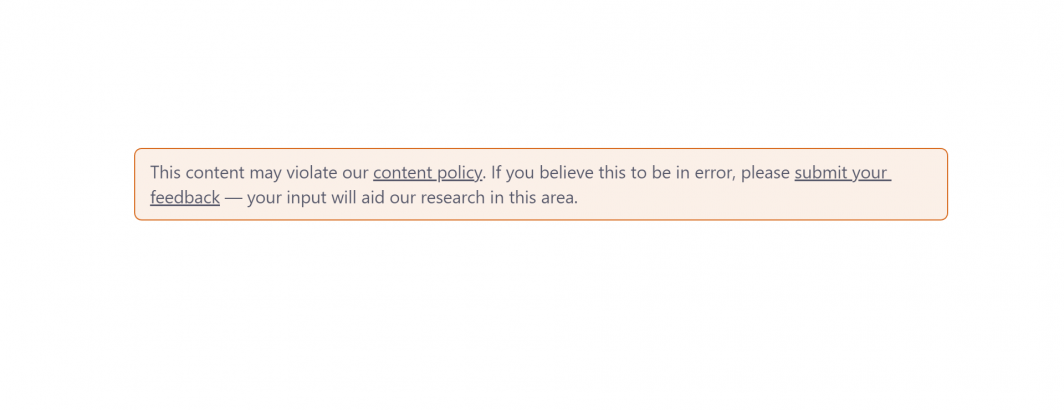Dec 22, 2024 | AI Trends
OpenAI Fined by Italy for ChatGPT Data Violations - Datatunnel
Italy’s data protection authority, known as Garante, has fined OpenAI €15 million (£12.4 million) following a thorough investigation into the company’s handling of personal data through its widely-used AI chatbot, ChatGPT. This decision highlights the mounting scrutiny faced by AI companies concerning data privacy and user protections.

Concerns Raised by Garante
The Garante’s investigation uncovered that OpenAI processed users’ personal data to improve and train ChatGPT without sufficient legal justification, contravening critical transparency principles and failing to uphold necessary information obligations for users. The authority expressed significant concerns about user protection and compliance with existing data privacy laws.
OpenAI's Response and Future Plans

OpenAI has described the fine as “disproportionate” and stated its intention to appeal the decision. The company pointed out that previous cooperation with the Garante, following its order to halt ChatGPT’s operation in Italy, had led to its reinstatement a month later. In a statement, an OpenAI spokesperson noted that the watchdog had acknowledged its “industry-leading approach” to AI privacy, suggesting that the fine represents a substantial portion—nearly 20 times—of their revenue from Italy during the relevant period.
Additional Findings and Mandates
In addition to the unauthorized data usage, the investigation revealed that OpenAI lacked an adequate age verification system to prevent users under the age of 13 from accessing potentially inappropriate AI-generated content. The Garante emphasized that these oversights raise essential questions about user safety on platforms employing AI technologies.

As part of the ruling, the Italian authority mandated OpenAI to conduct a six-month public awareness campaign across various Italian media. This campaign aims to educate the public about ChatGPT, with a specific focus on its data collection practices and user privacy implications.
Regulatory Landscape and Future Implications
The ruling against OpenAI reflects a broader trend of increasing regulatory scrutiny faced by AI companies, particularly regarding their impact on data privacy and ethical standards. In both the U.S. and Europe, governments are actively working on policies designed to safeguard against the risks that AI systems may pose to individuals. A major player in this landscape, the European Union is advancing the AI Act, a comprehensive framework aimed at establishing clear guidelines for accountability and safety in AI deployment.

This fine marks a significant moment for OpenAI, as the company navigates the complexities of global regulations while striving to balance innovation with the imperative of data protection and user safety.




















